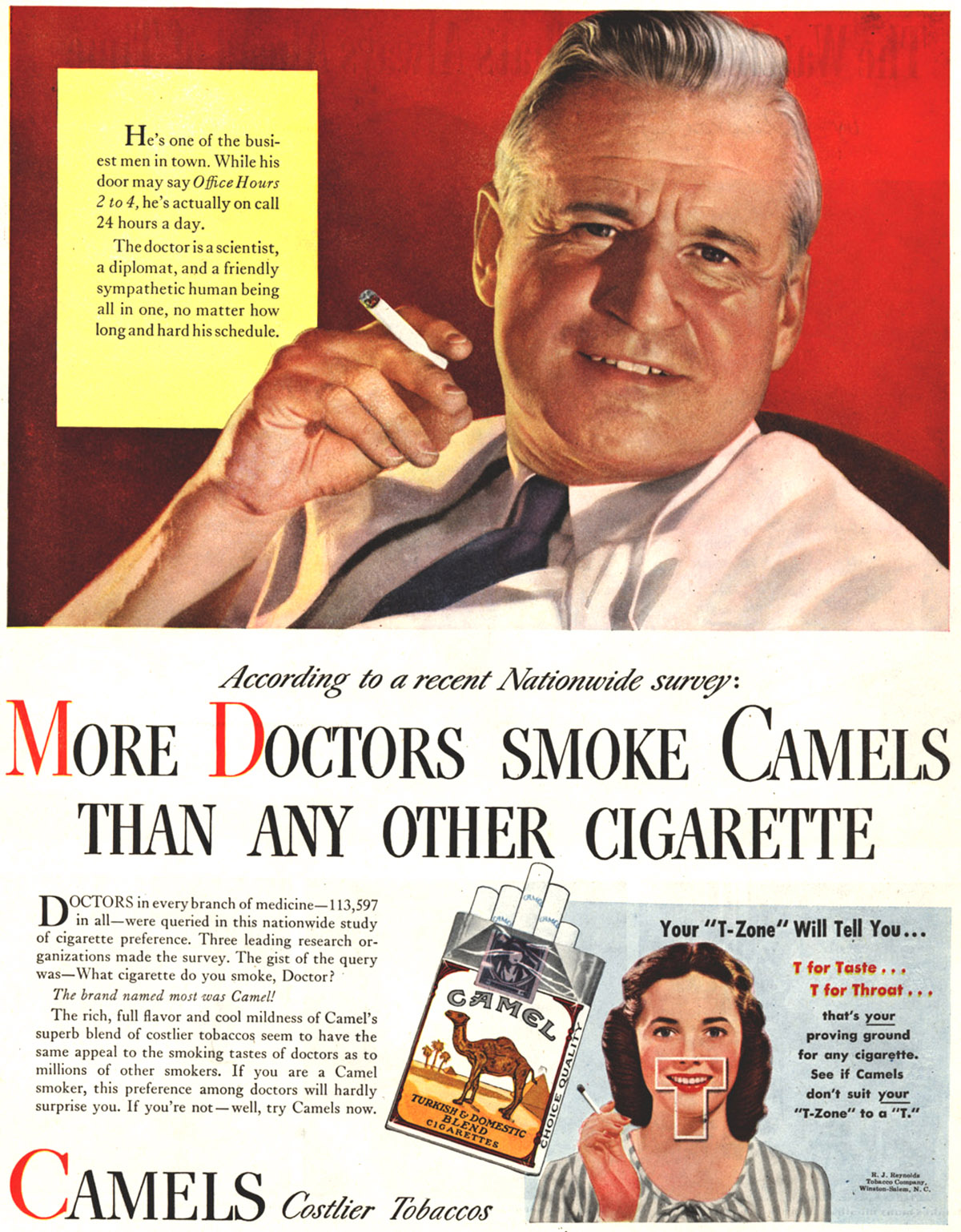People with health insurance don’t face death panels–people without it do. Cutting through the nonsense surrounding the arrival of Obamacare is Carter Price, an analyst at the think-tank RAND Corporation, who’s spent much recent time studying the Affordable Care Act. He did an Ask Me Anything at Reddit on the day Obamacare goes into effect.
___________________________
Question:
Which talking point against the Affordable Care Act is the least truthful/meritorious? And which has the most merit?
Carter Price:
There are no death panels in the law.
You won’t necessarily be able to keep your exact insurance.
___________________________
Question:
So, can I keep my health insurance?
Carter Price:
It depends on how you get your insurance. If you get it from your employer, the law won’t change that (though your employer might). If you get it on the individual market, you will have access to new types of plans and your existing plan might not be allowed (for example, if you have a very high deductible plan)
Question:
Is it fair to say, then, that Obama’s initial promise when selling the bill (“If you like your insurance, you can keep it”) was, although spoken with honest intentions, a bit misleading?
Carter Price:
Those statements certainly did not capture all of the nuances of the law, but for most people with insurance, there won’t be an impact.
______________________________
Question:
So in your professional opinion will the ACA have a net positive or net negative effect on employment?
Carter Price:
It will vary substantially state to state.
Researchers at the Urban Institute found that it would reduce “job-lock” where people are locked into jobs because of the insurance only.
_____________________________
Question:
How much savings if any would the US receive if an NHS model or even a Canadian-single payer model was implemented? Would drug price negotiation, non-employment-based insurance or something else help?
Why is the US so embattled over domestic issues while so apparently lax on military spending? A single aircraft carrier is $9B-$14B (why so expensive?) and in comparison, medicaid cuts in many populous states amount less than that.
Carter Price:
The US is on a path to spending 20% of our GDP on health care. Most other developed countries spend less than 10%. So in is certainly possible that a different model could result in much lower costs. I haven’t done the same level of analysis on applying these alternate systems to the U.S. and can’t really answer that in detail.•
Tags: Carter Price

